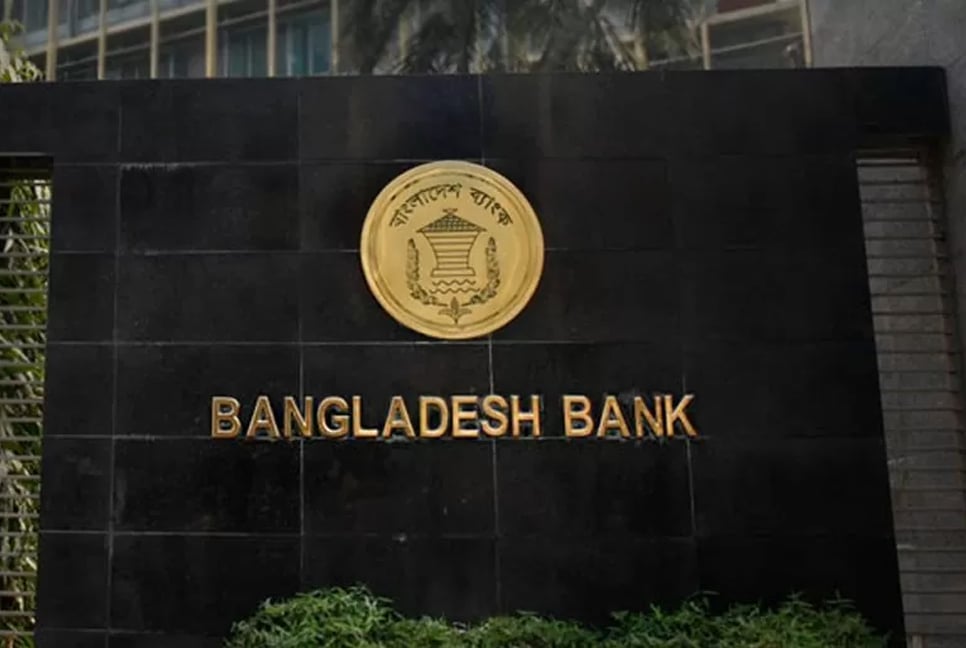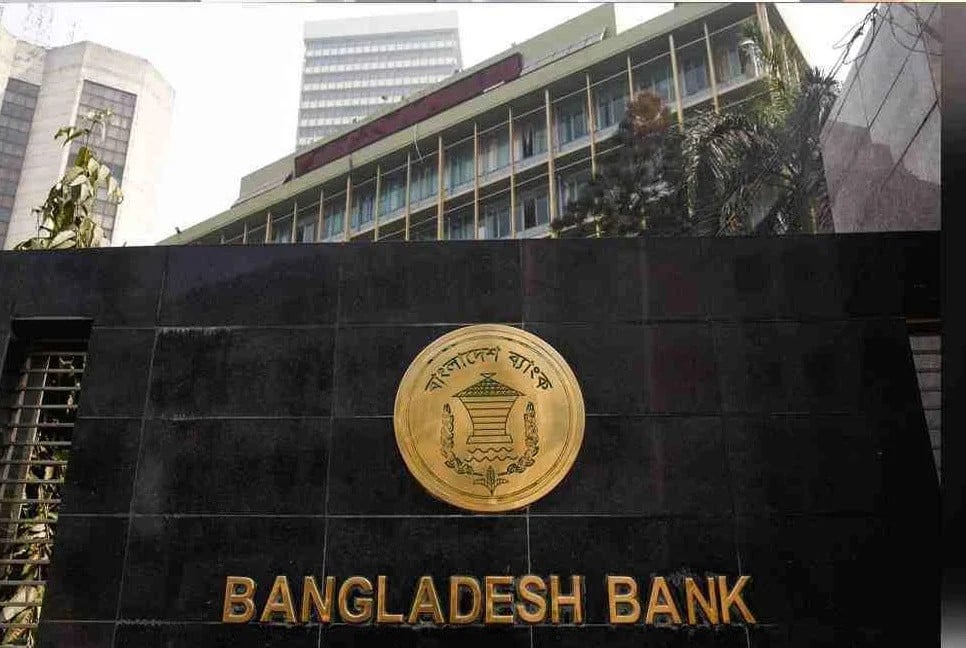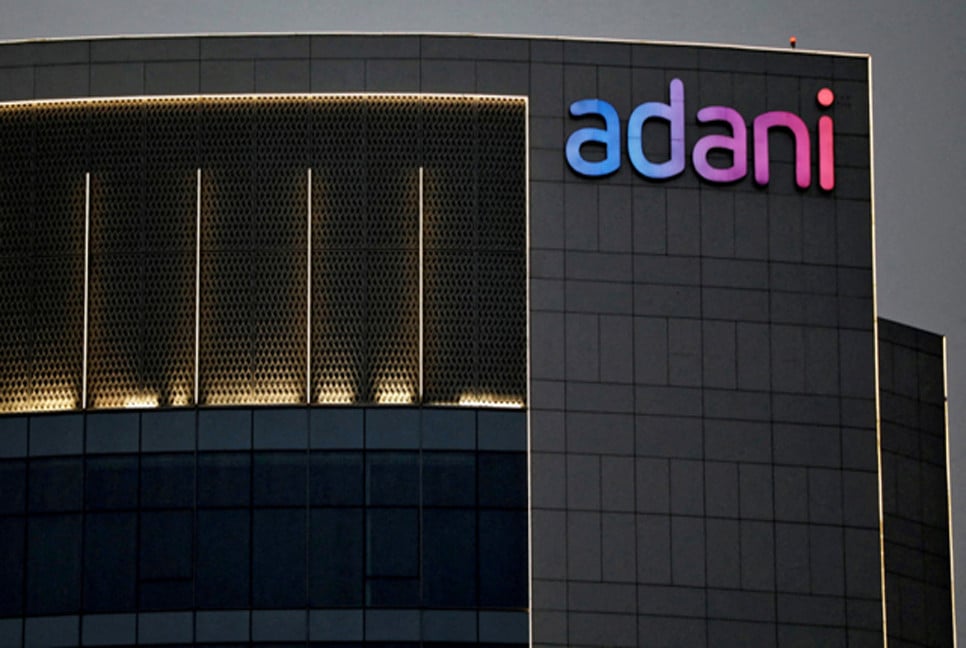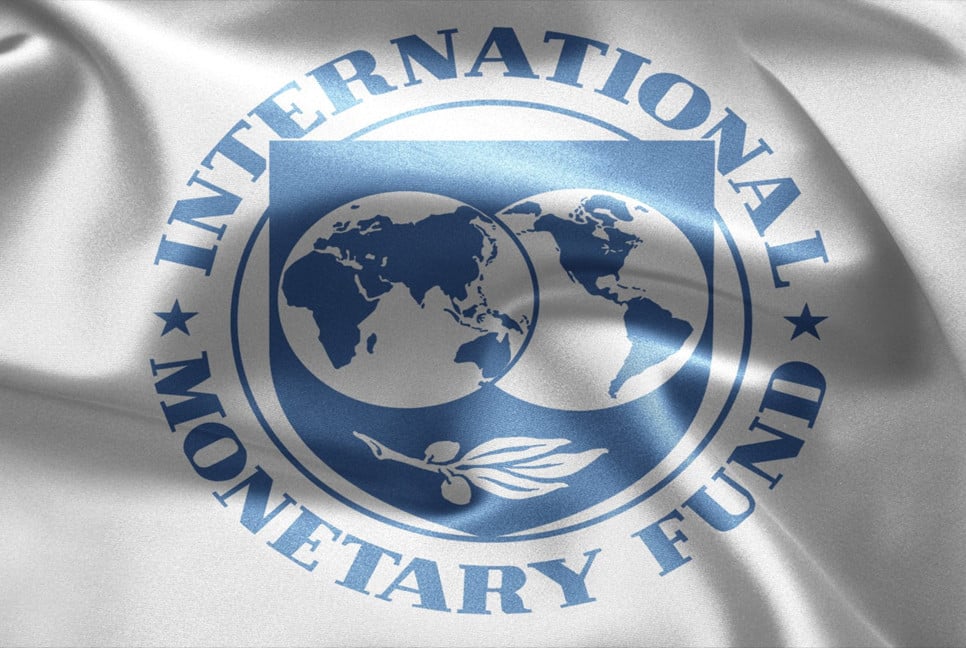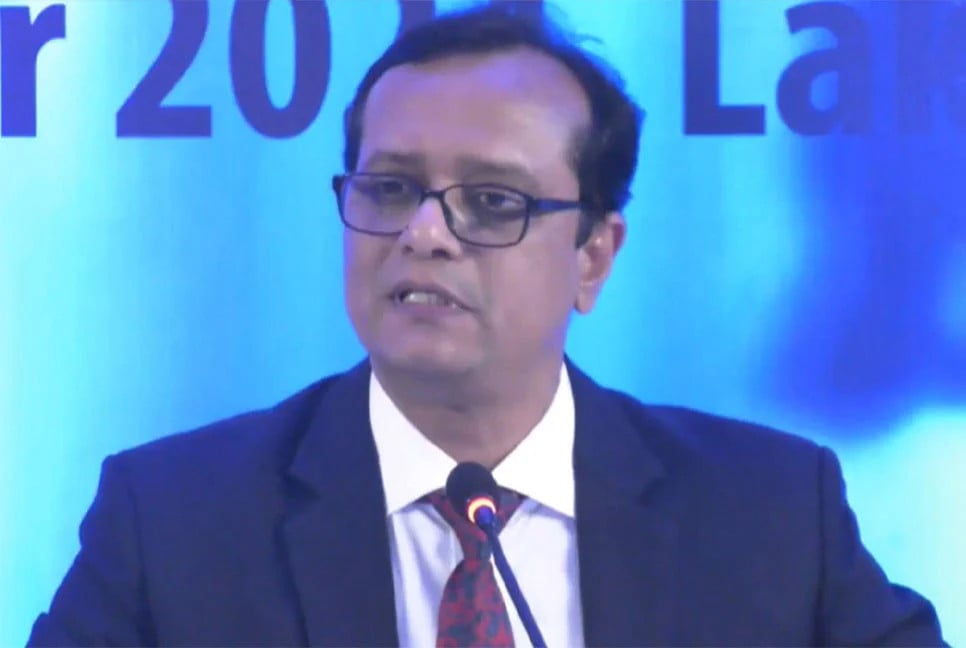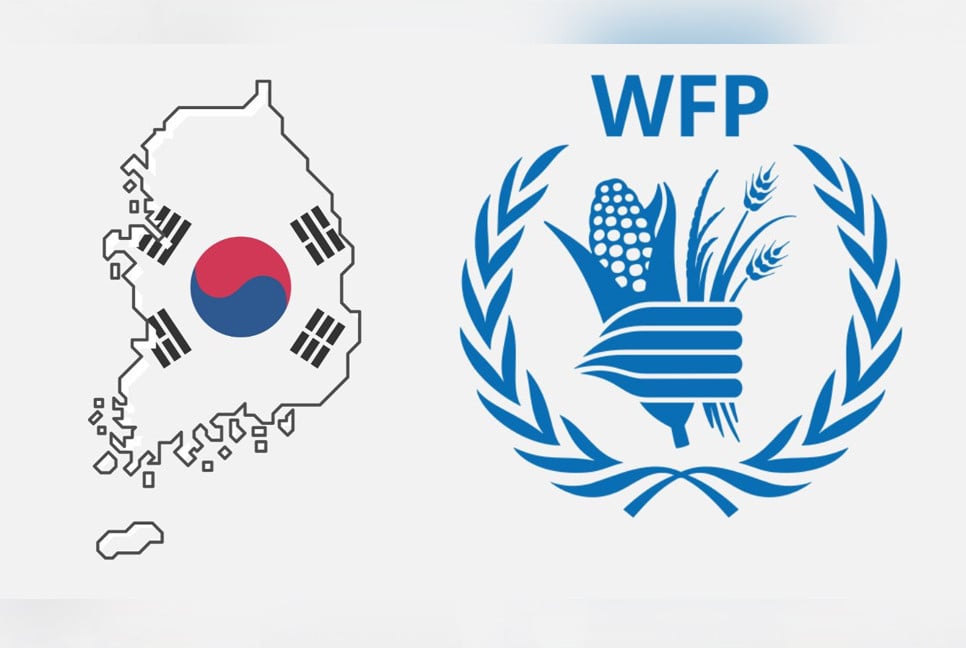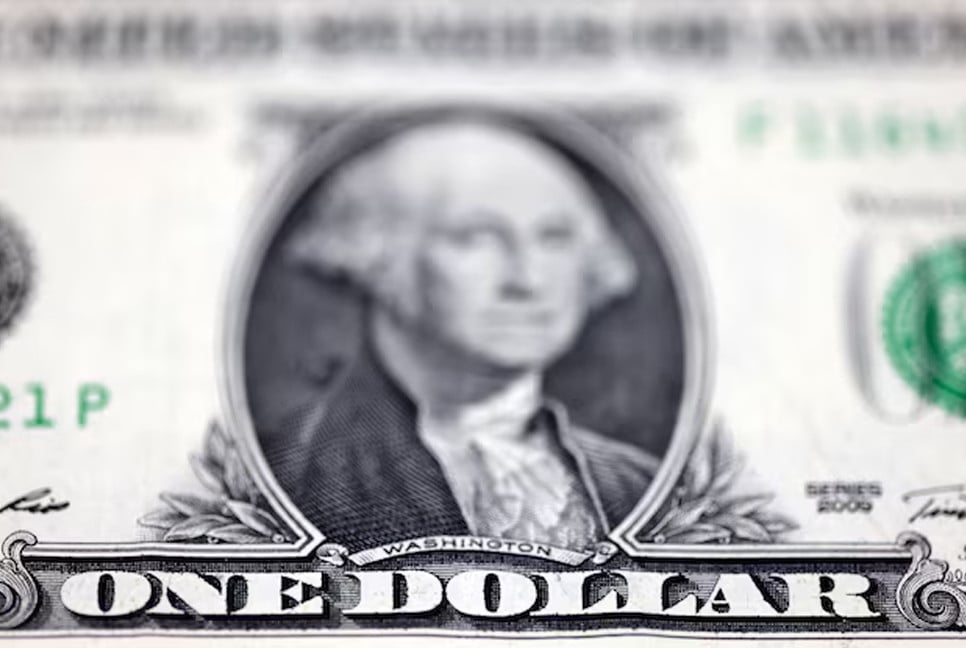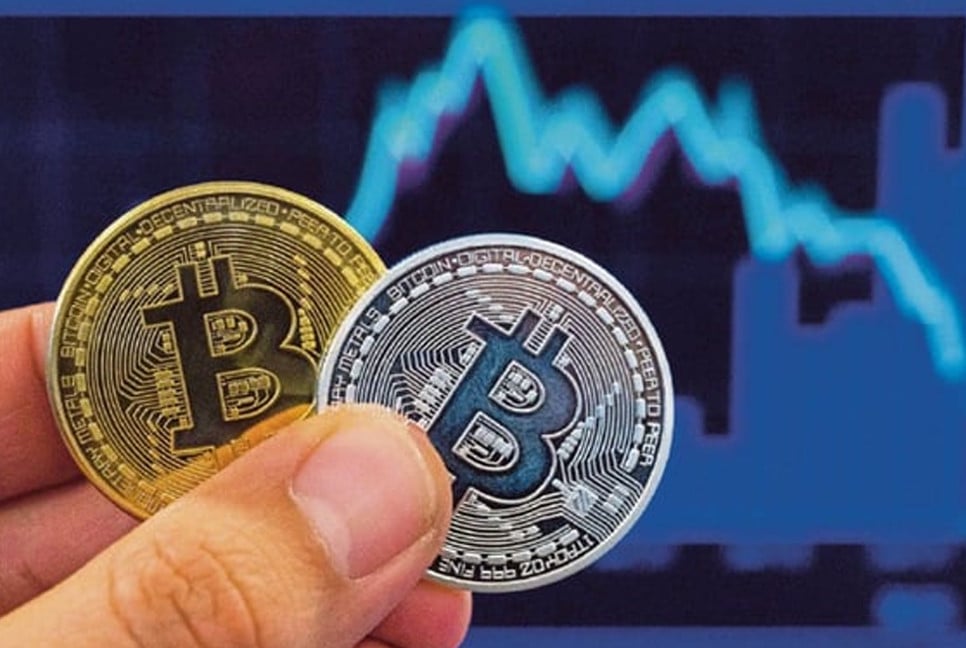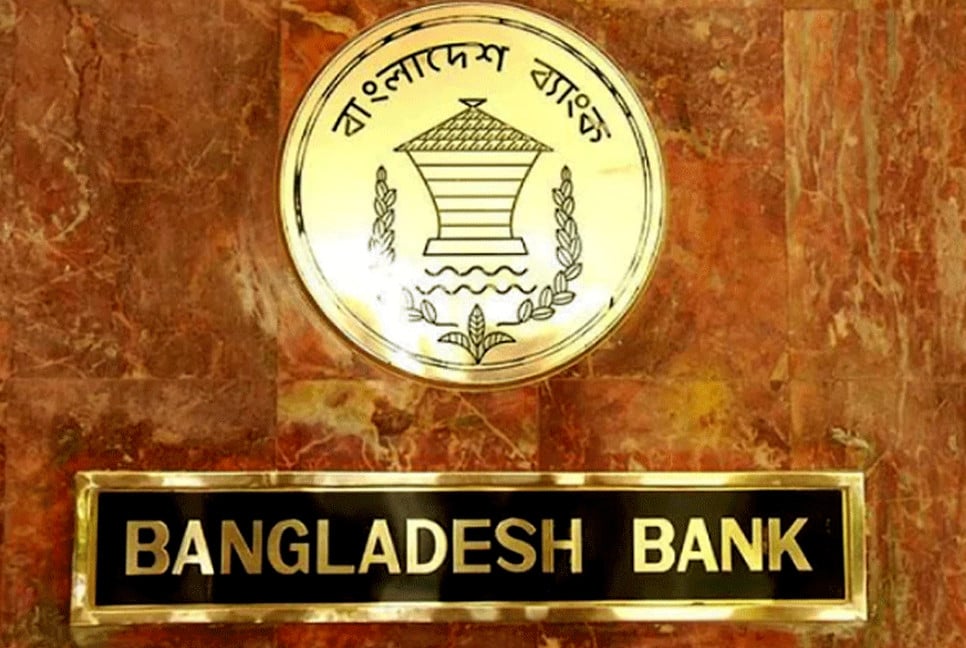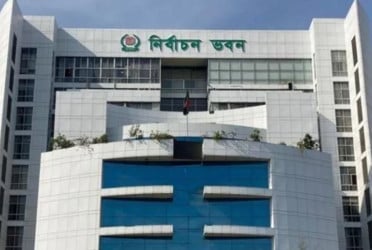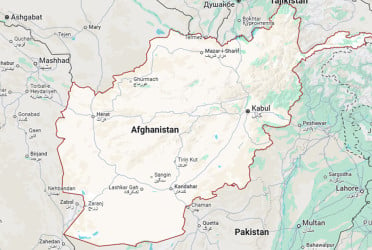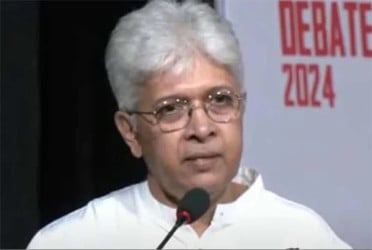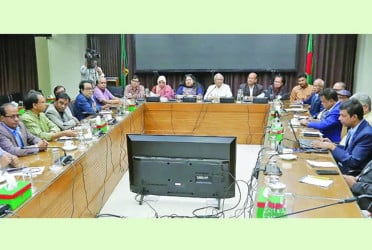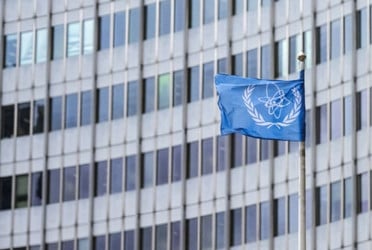Bangladesh Bank (BB) on Wednesday announced a contractionary monetary policy statement for the second half of the fiscal year 2023-24 to tame inflation, reports UNB.
“The central bank’s priority is to control inflation at any cost. To do this we set a policy of controlling currency flow outside the bank for another step to curb the growing inflation,” said Abdur Rouf Talukder, governor of the central bank.
Bangladesh has revised down the economic growth projection for FY 2023-24 to 6.5 percent from the initial 7.5 percent considering the ongoing challenges in the financial sector.
The authorities, however, revised the projection for inflation upwards to 7.5 percent from 6 percent as consumer prices persistently stayed high, according to the monetary policy statement.
The governor said that the central bank wants to bring down inflation to 7.5 percent by June. For this, the policy interest rate has been increased by 25 percentage points to 8 percent in the new monetary policy.
He said that the monetary target is downgraded to curb money supply cutting down private sector credit growth to 10 percent for June from the existing target of 11 percent.
According to the new policy, the interest rate is being increased from 7.75 percent to 8 percent.
As a result, the interest rate of the money, which other banks will borrow from the BB, will increase.
Besides, the central bank hints to increase the reverse repo rate (now called the Standing Deposit Facility or SDF) minimum interest rate by 75 percentage points from 5.75 percent to 6.50 percent. If there is surplus money in the market, the central bank withdraws the money through reverse repo.
The cap on the special repo or standing lending facility (SLF) interest rate in the policy interest corridor has been reduced by 25 basis points to 9.50 percent from 9.75 percent. This will reduce the cost of borrowing money from the BB during liquidity crises in banks.
The monetary policy announced for the first half of the current financial year (up to December) targeted private sector credit growth at 10.9 percent. But this target of credit growth like inflation has not been achieved. And till last November, credit growth in the private sector has been achieved at 9.90 percent, which is 1 percent less than the target.
Bd-pratidin English/Tanvir Raihan

